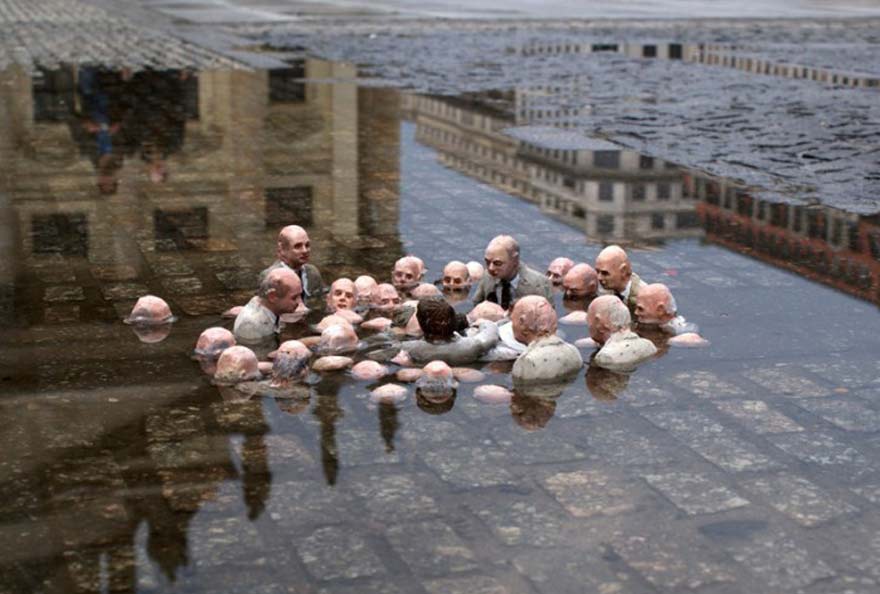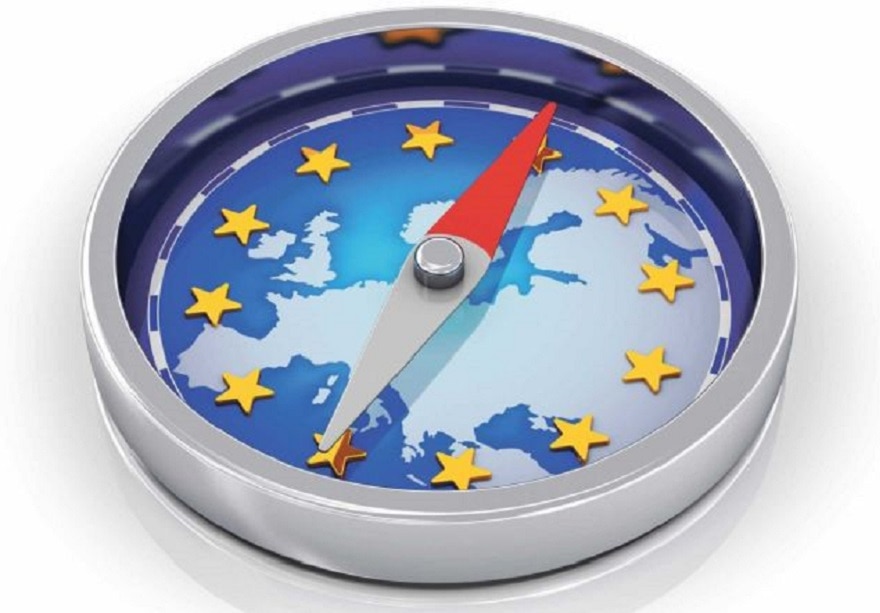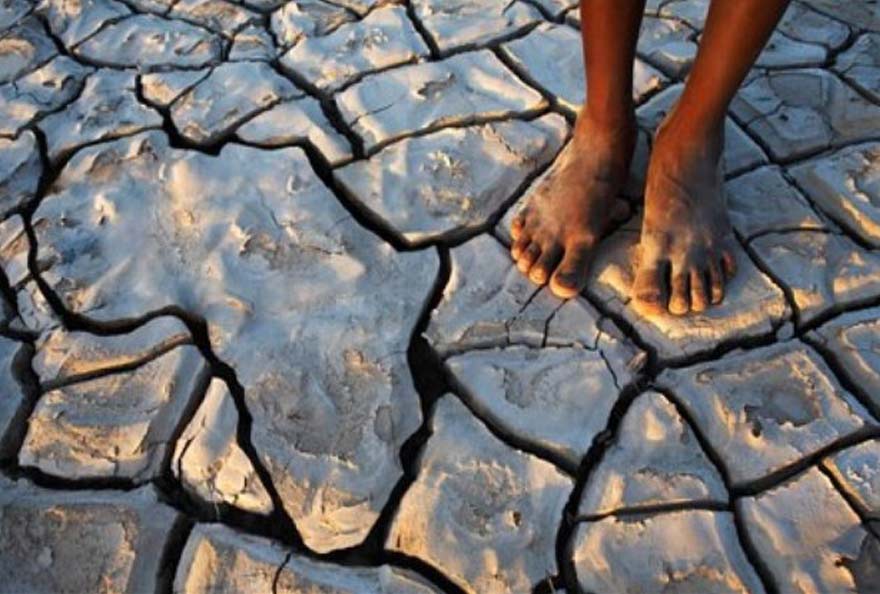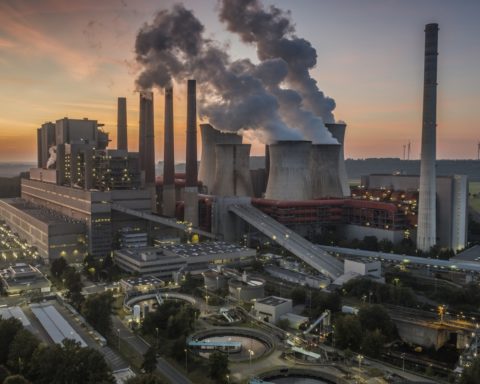C’est pourquoi à l’occasion de la parution de L’Âge de la transition : en route vers la reconversion écologique (Les petits matins/Institut Veblen), Dominique BOURG et Dominique MÉDA ont organisé ce 15 décembre une soirée pour questionner les candidats à l’élection présidentielle afin de donner à voir leurs propositions dans le domaine de la reconversion écologique. Tous reconnaissent un constat alarmant tant au sujet du climat que des pollutions. Au bord de l’effondrement, que faire ?
Relocalisation et circuits courts
L’impératif écologique : chercher les cohérences
Nucléaire et principe de précaution comme repères clivants
Epoque charnière : les citoyens prêts à l’insurrection

Constats et questions adressés par Dominique Bourg

Constats et questions adressés par Dominique Méda













